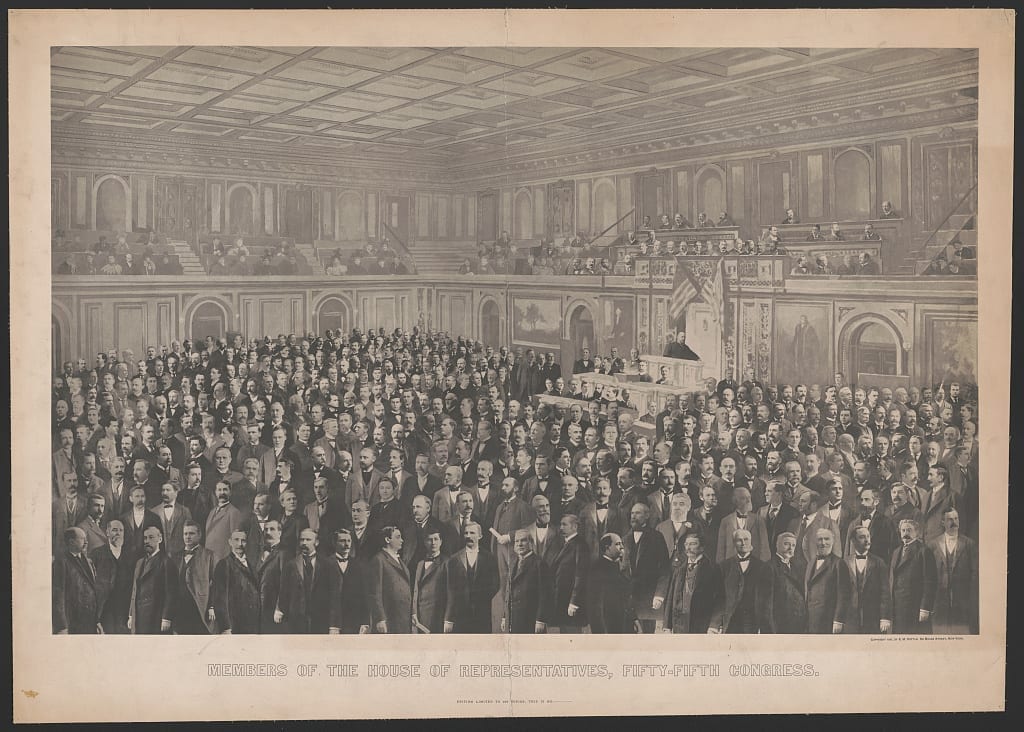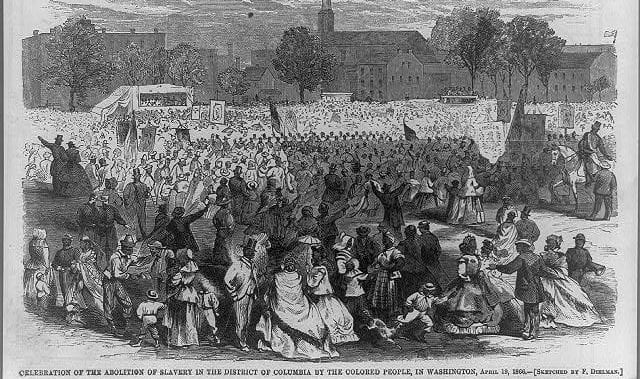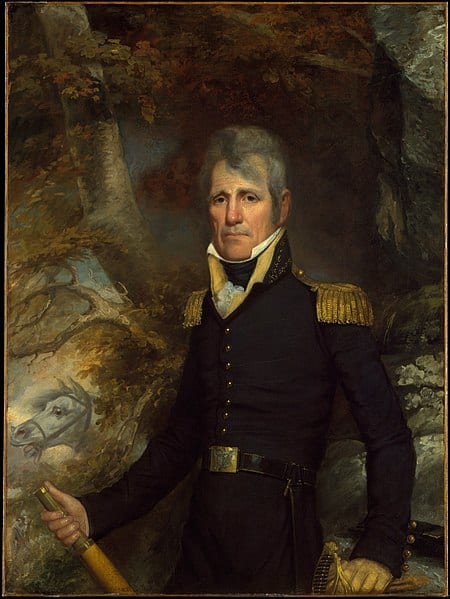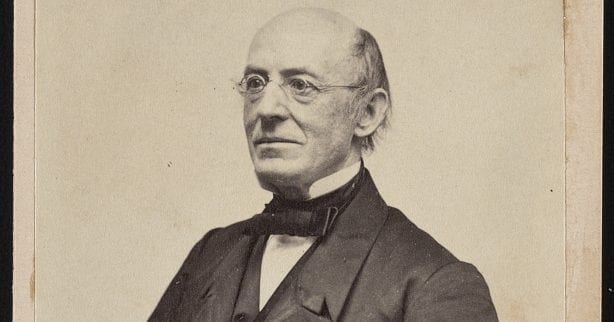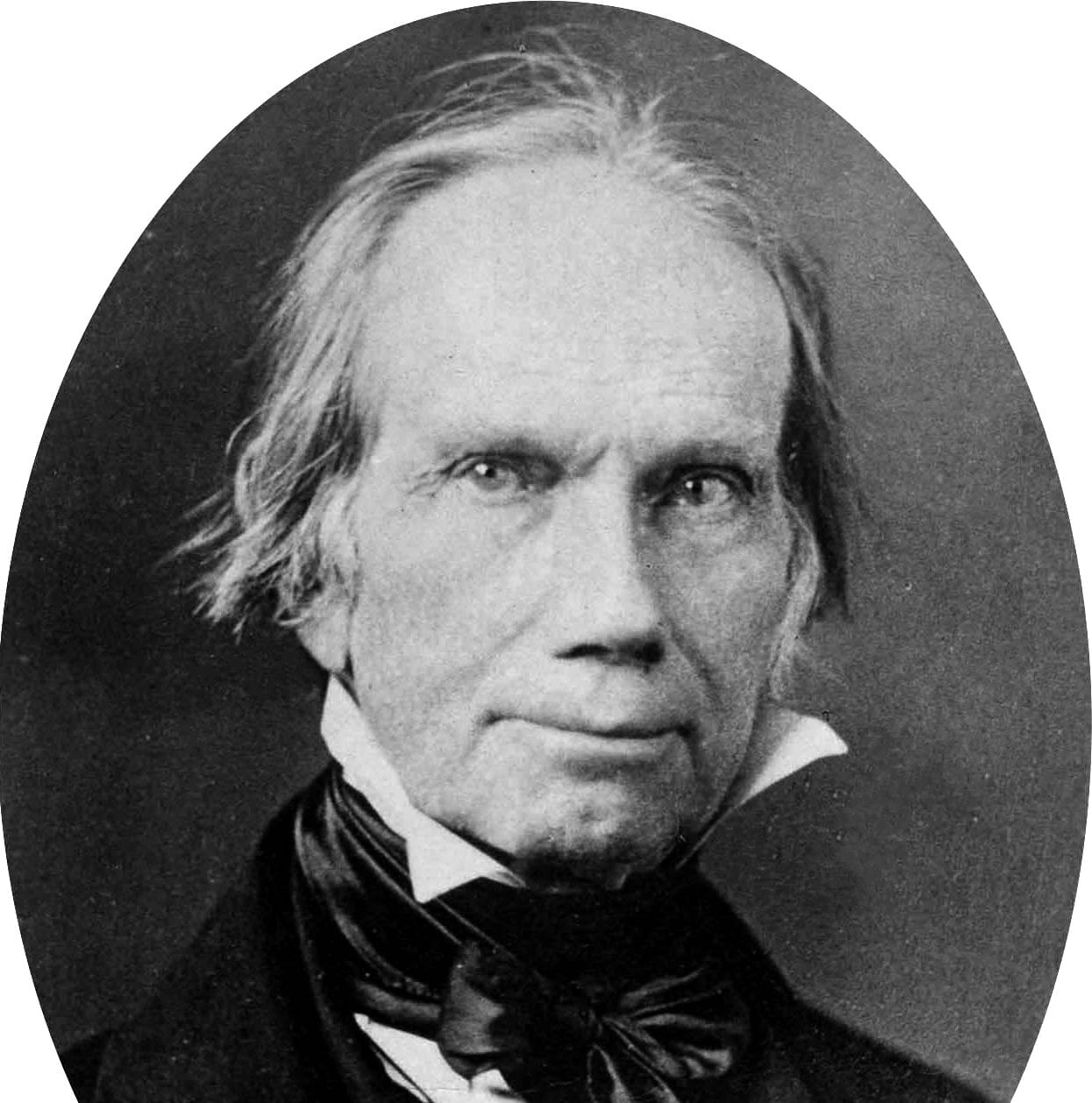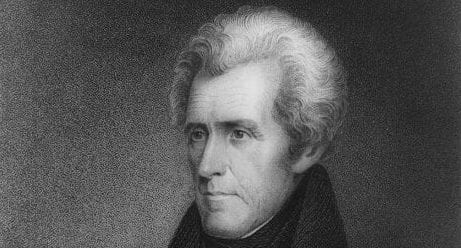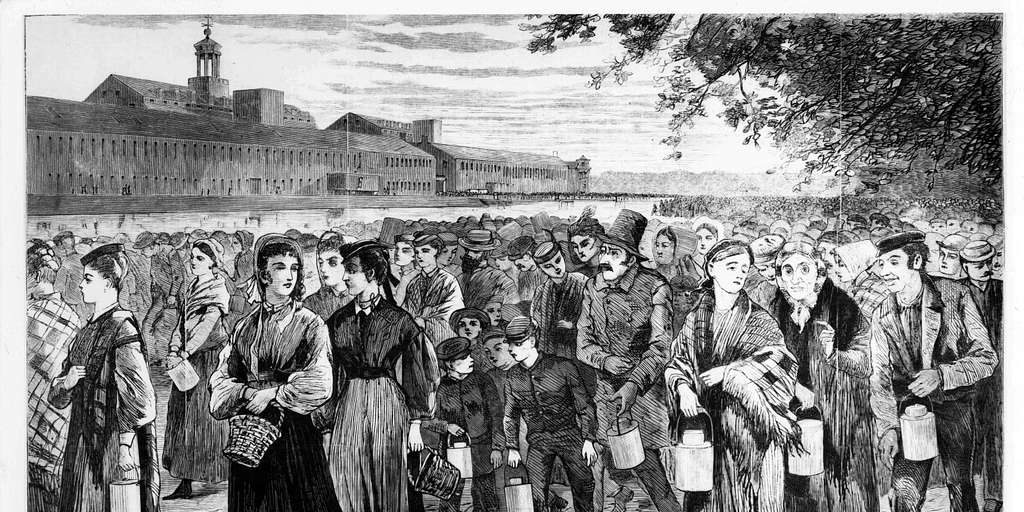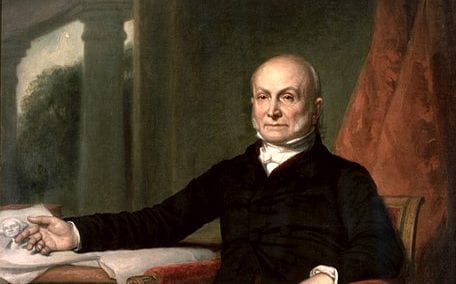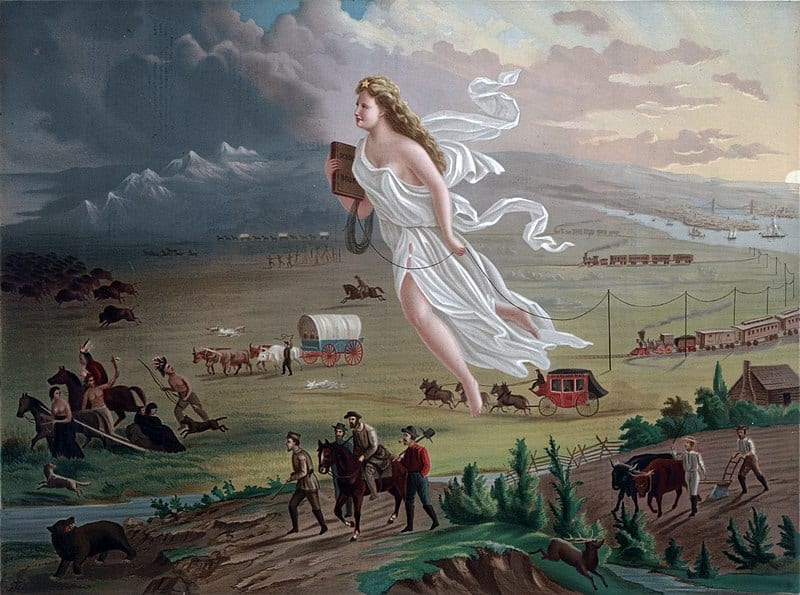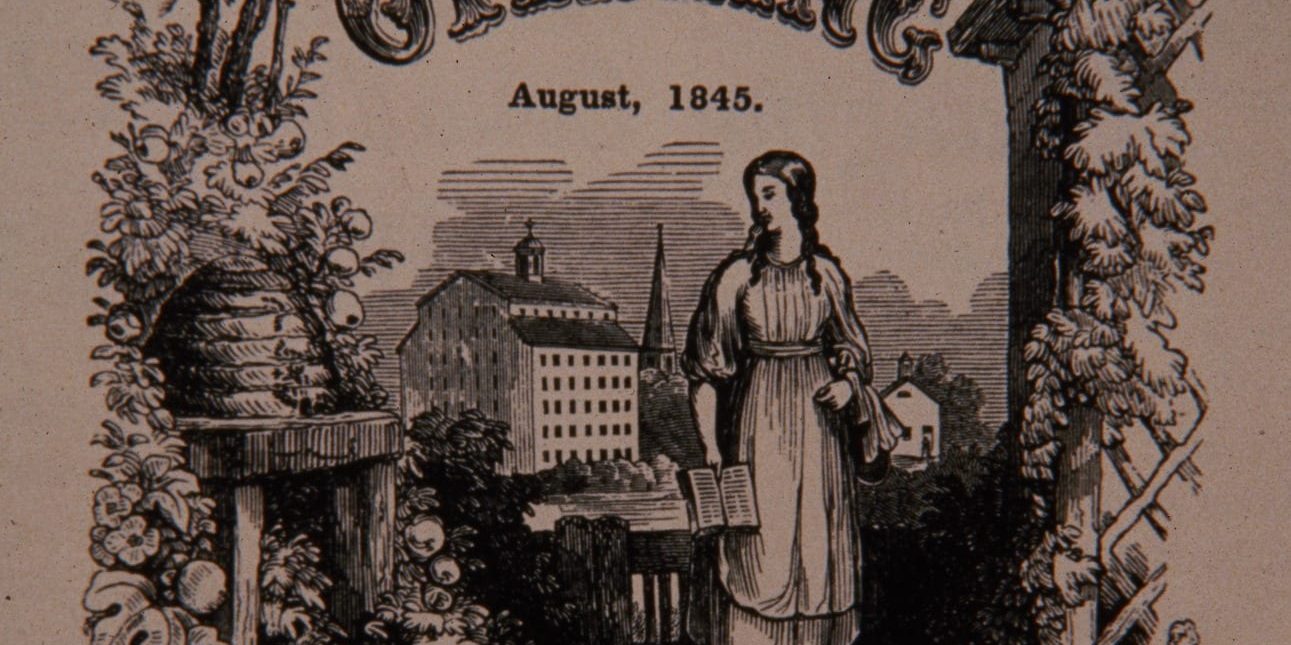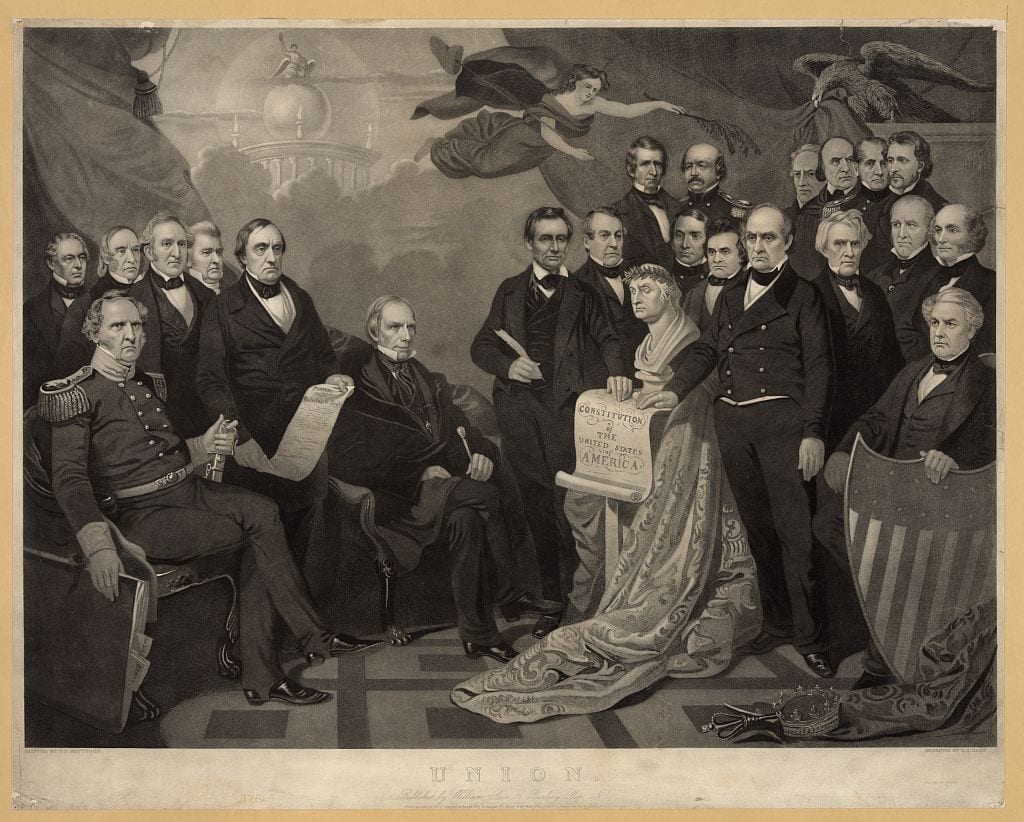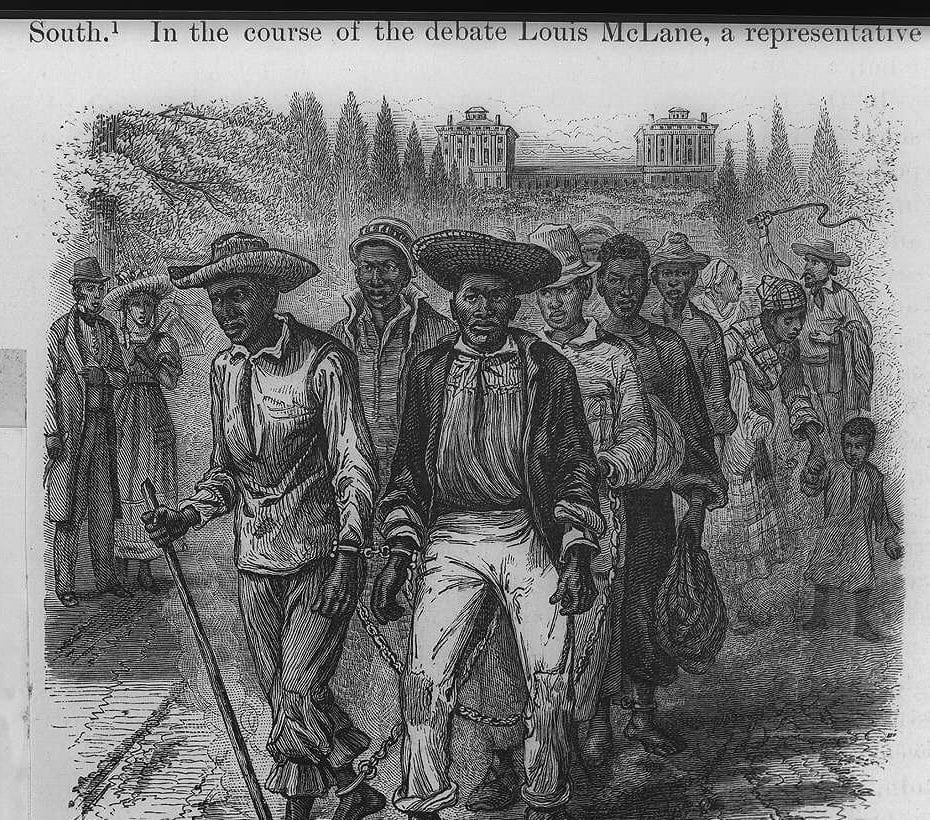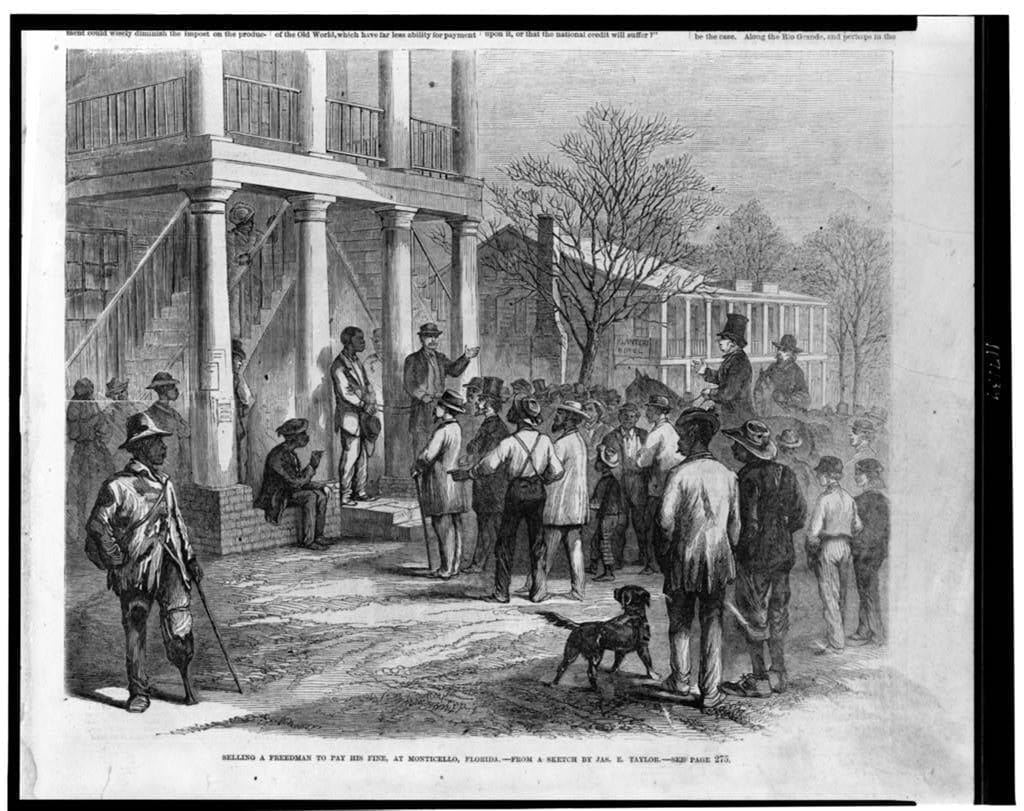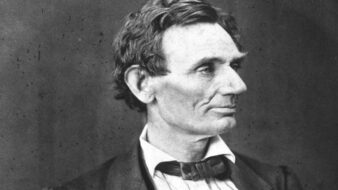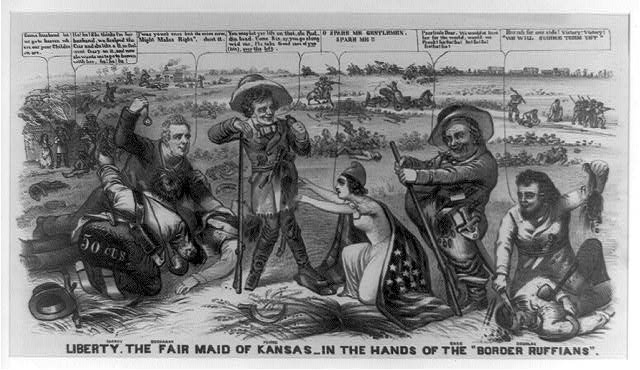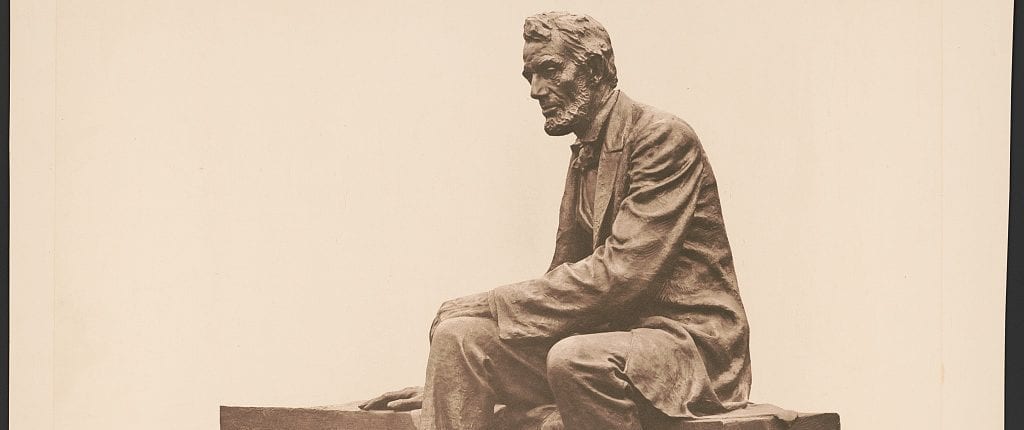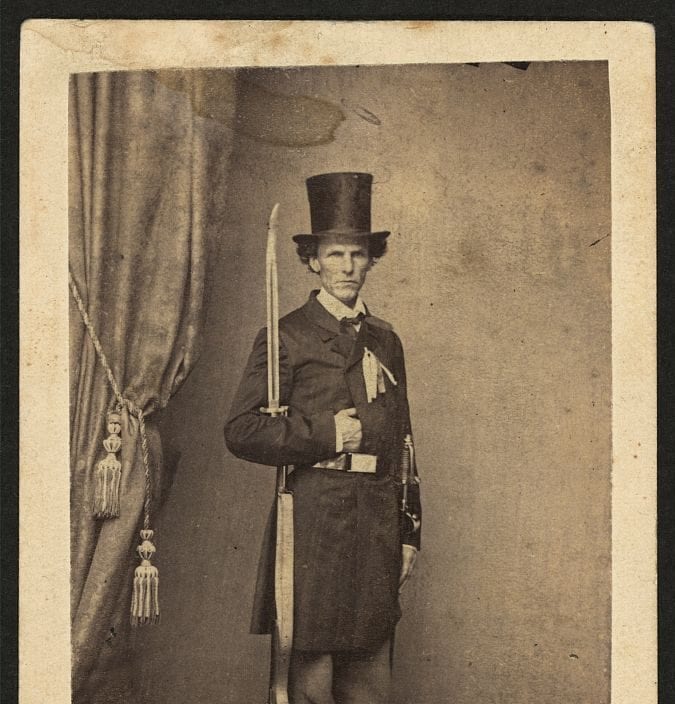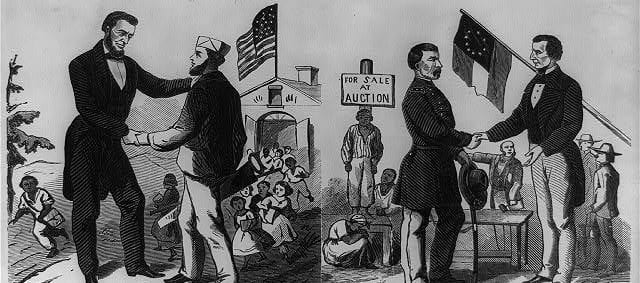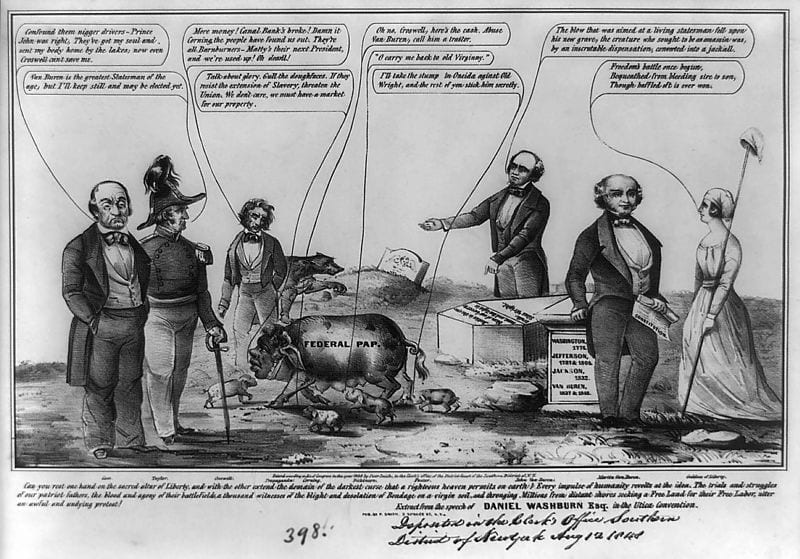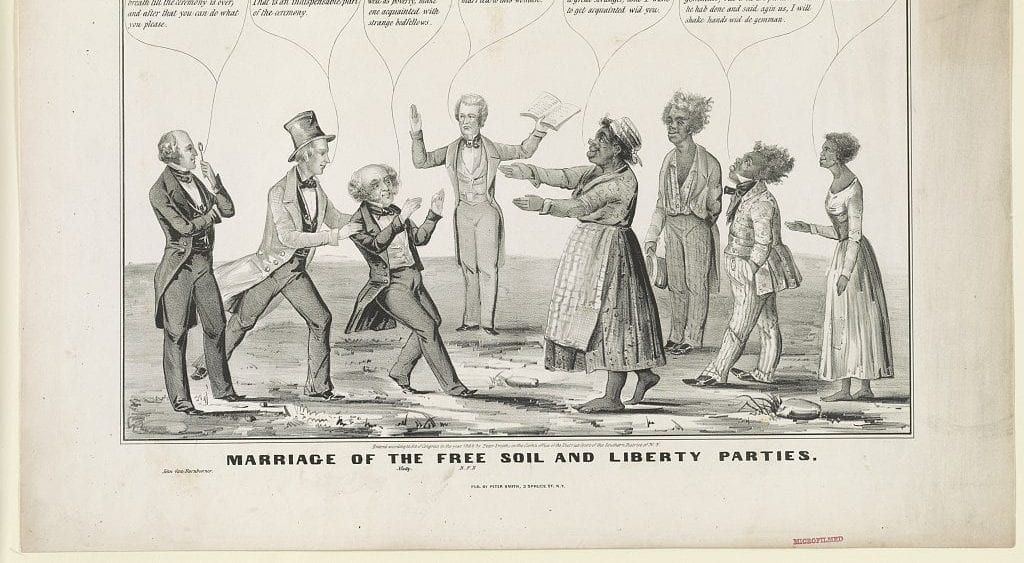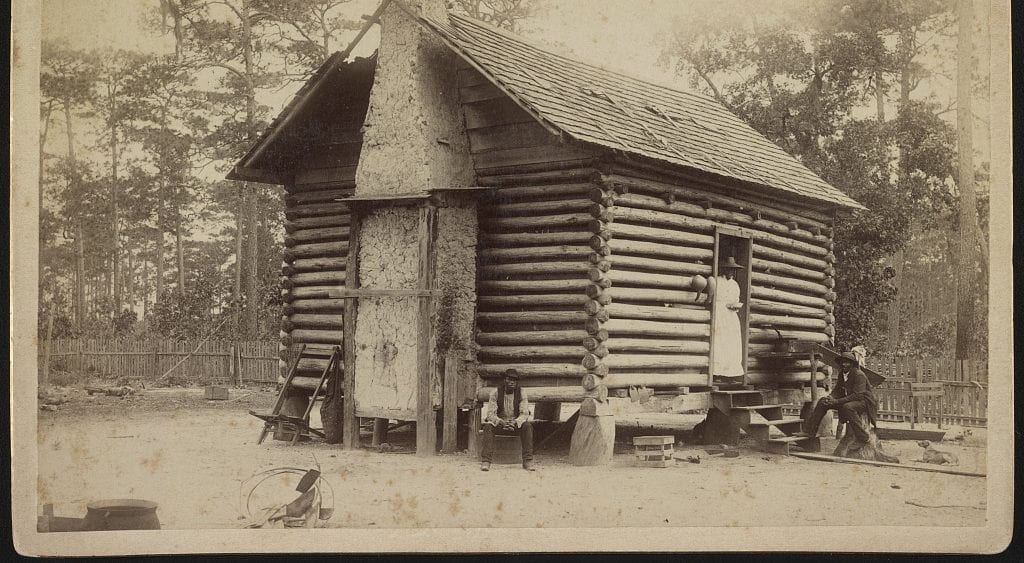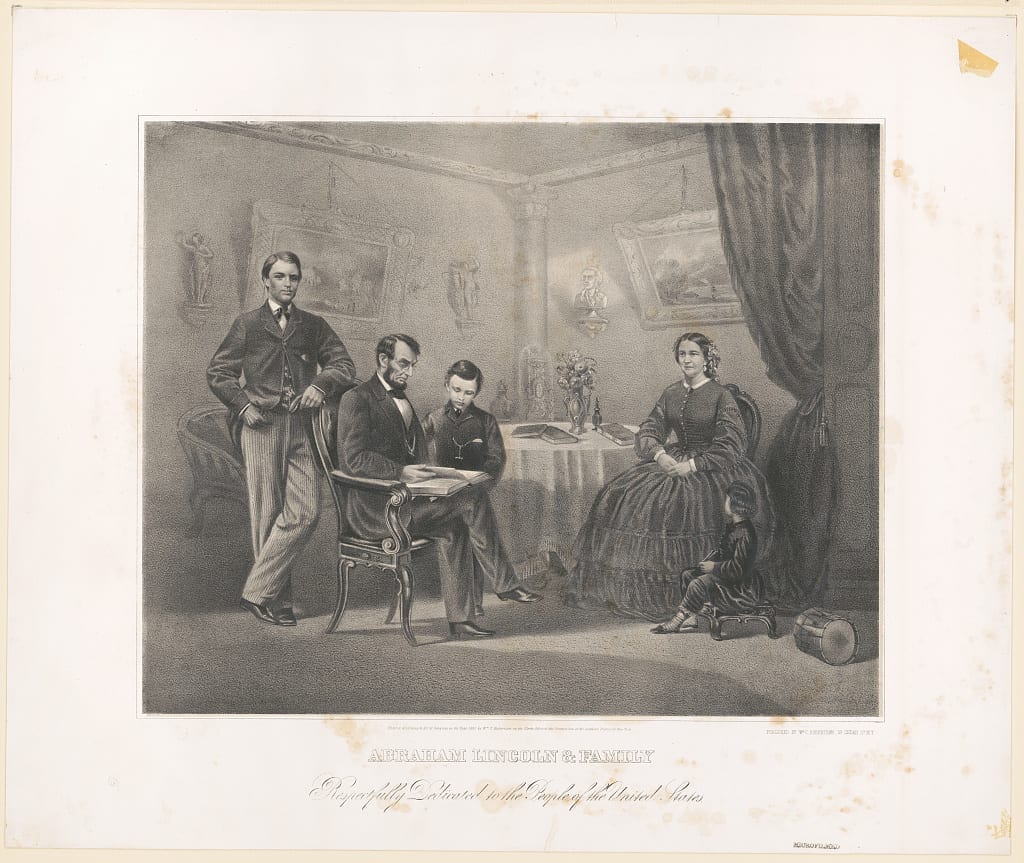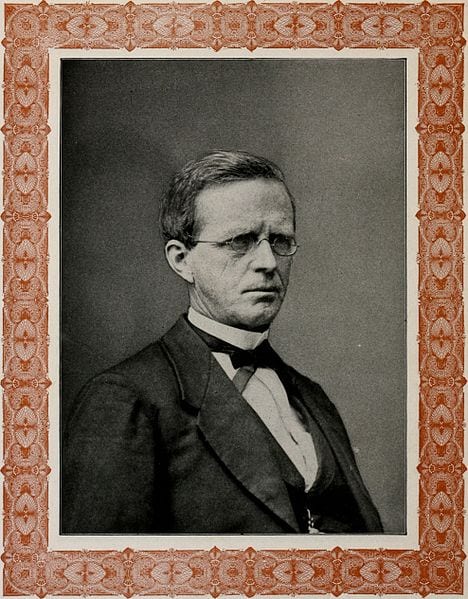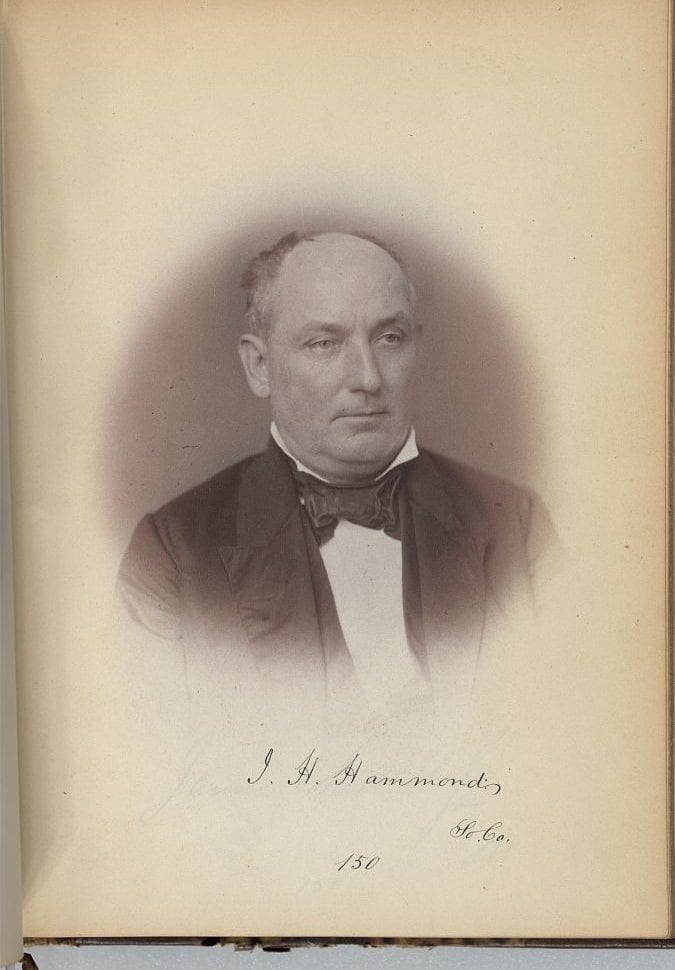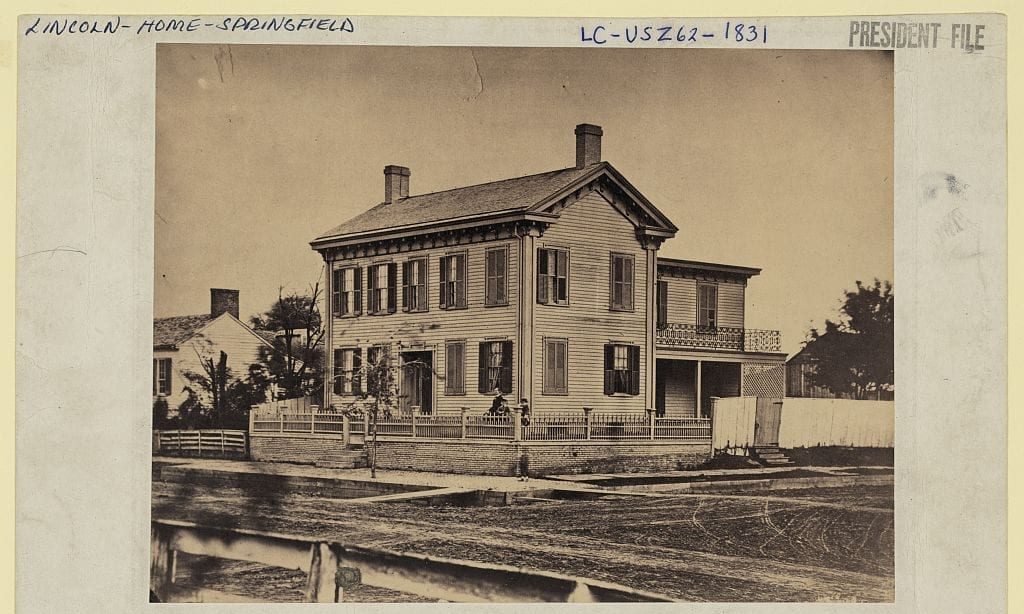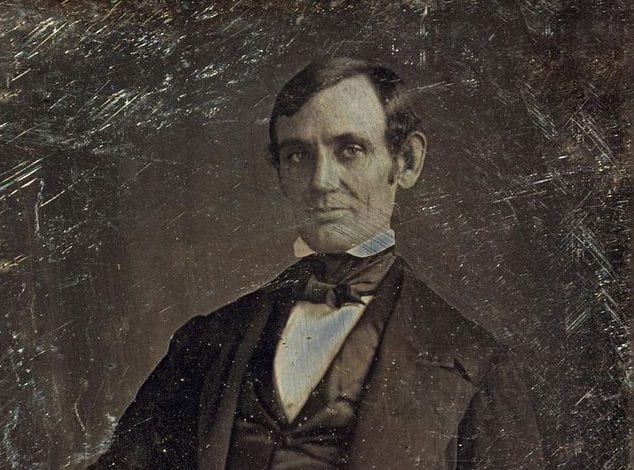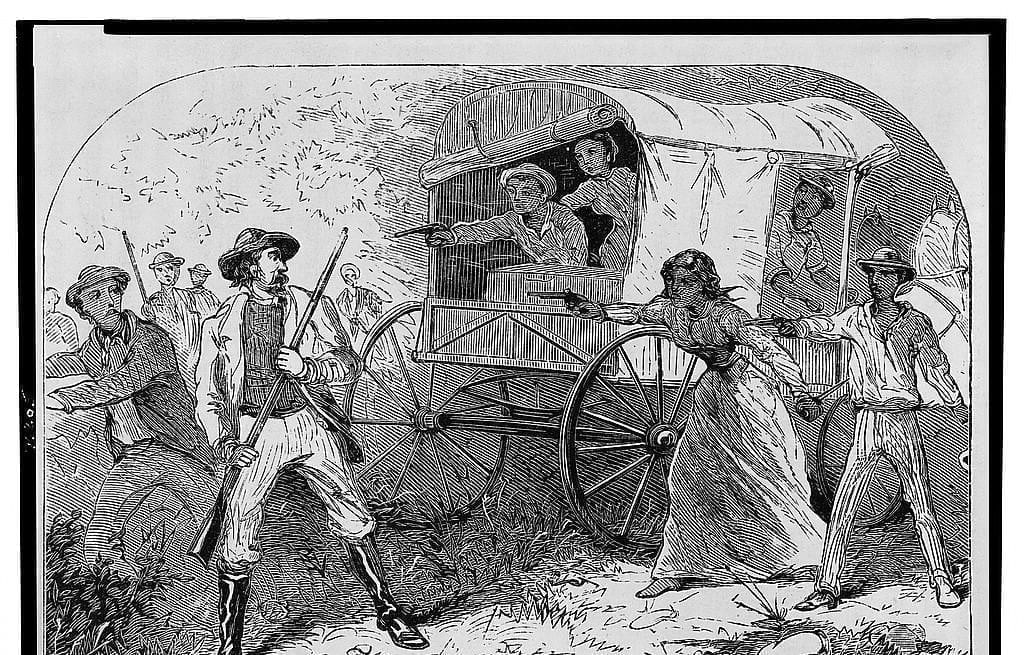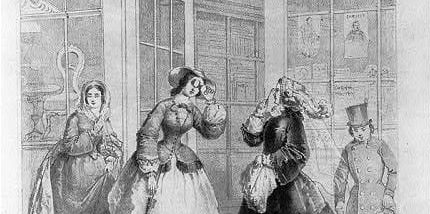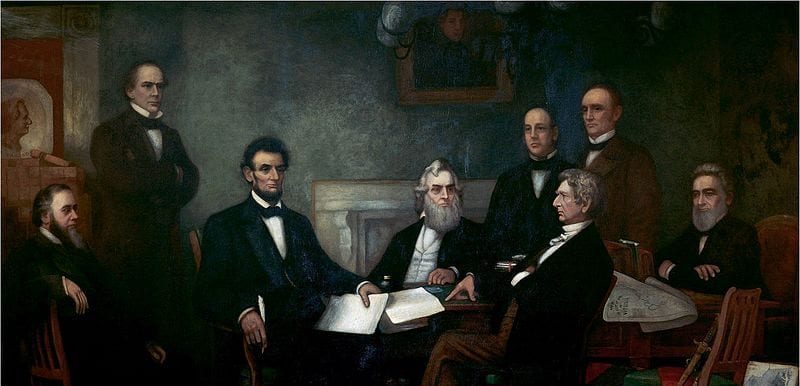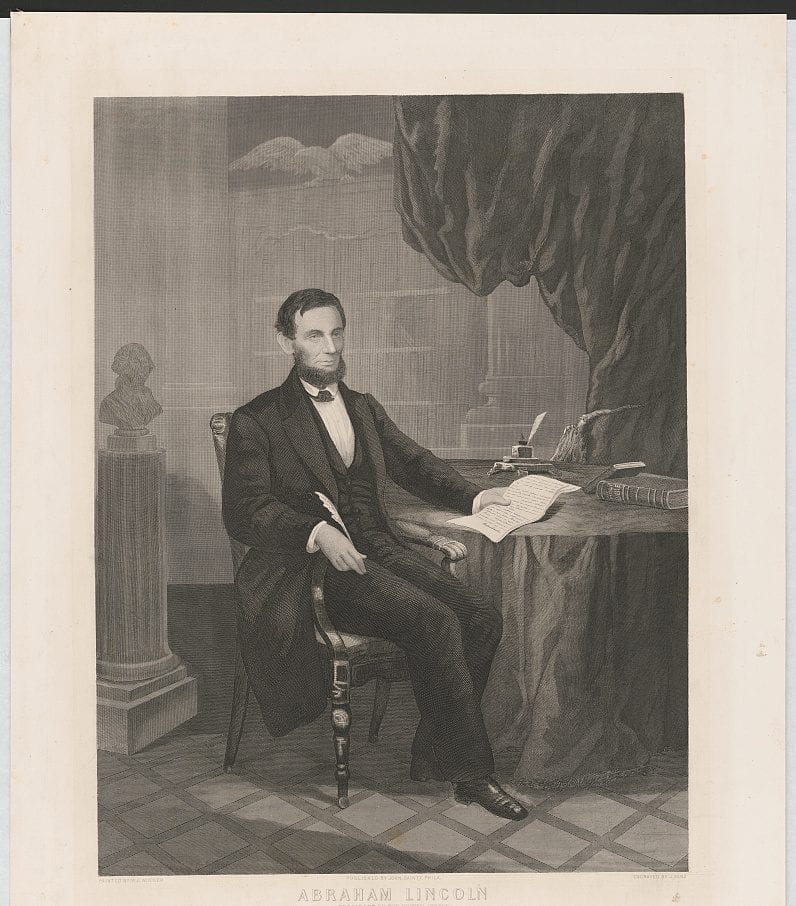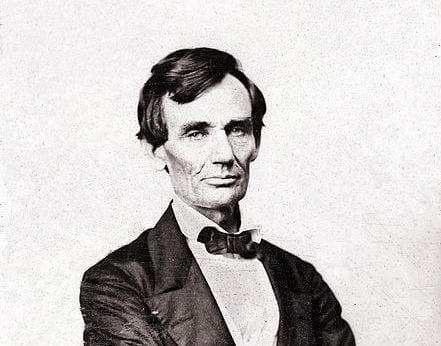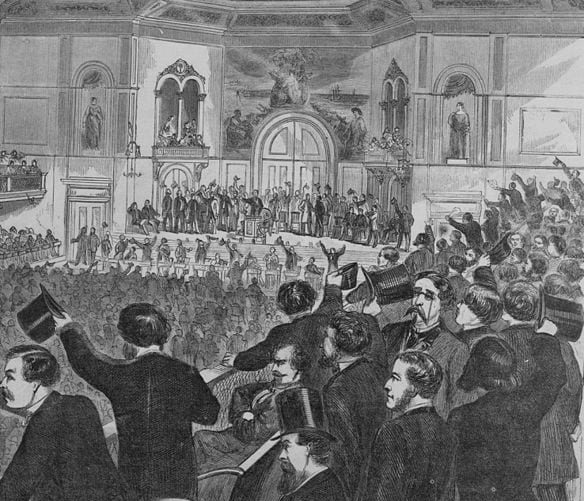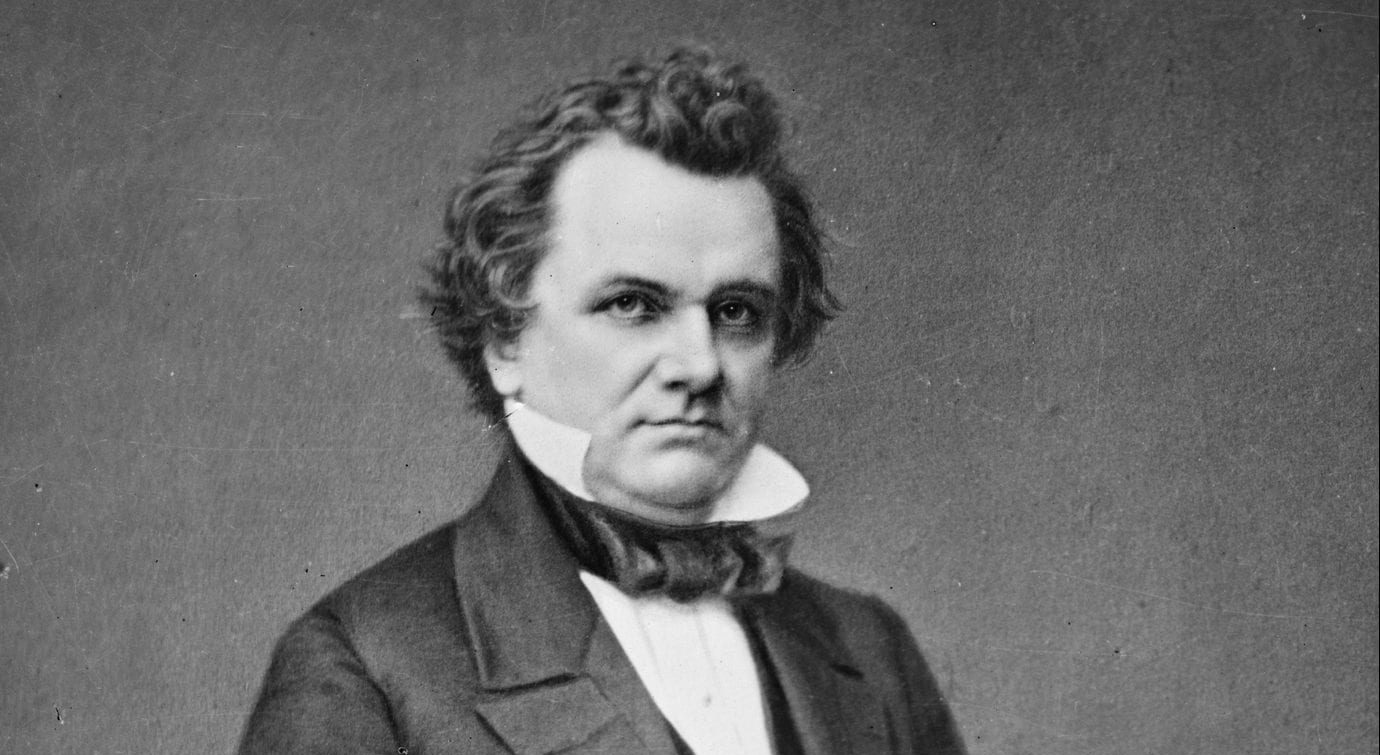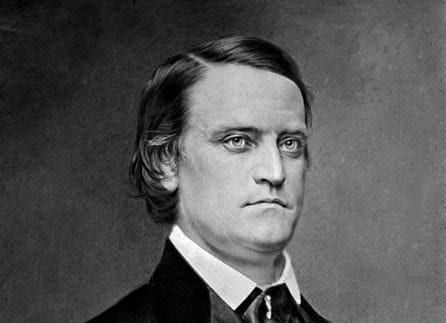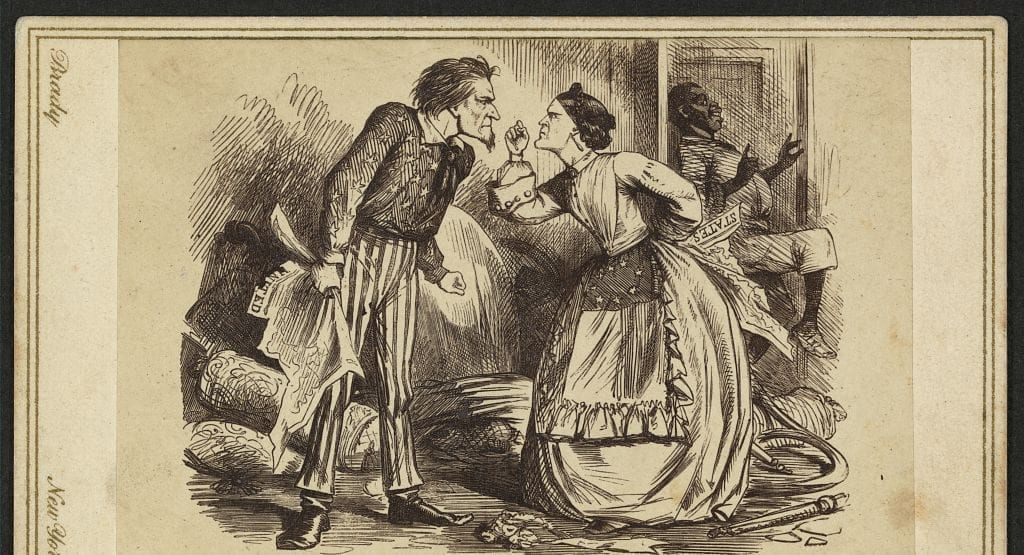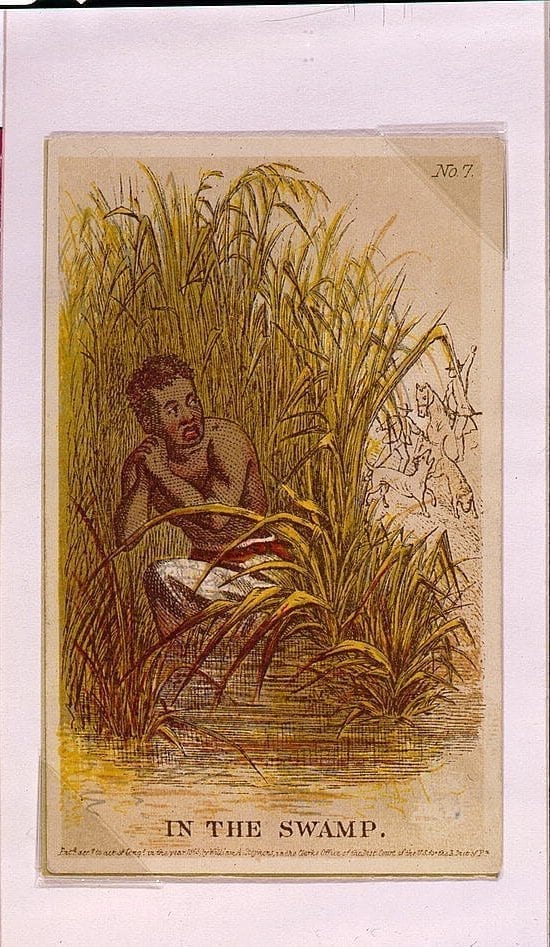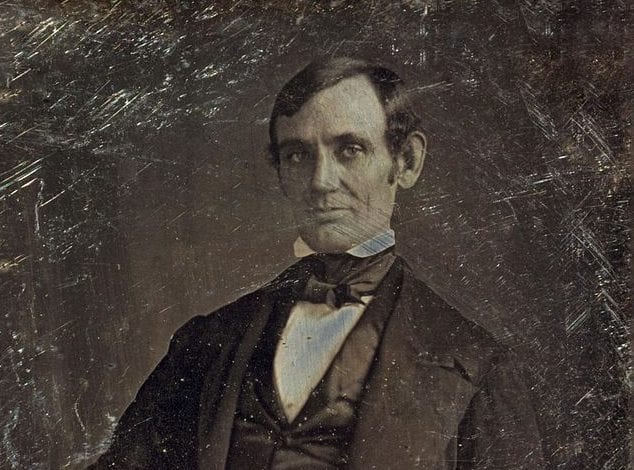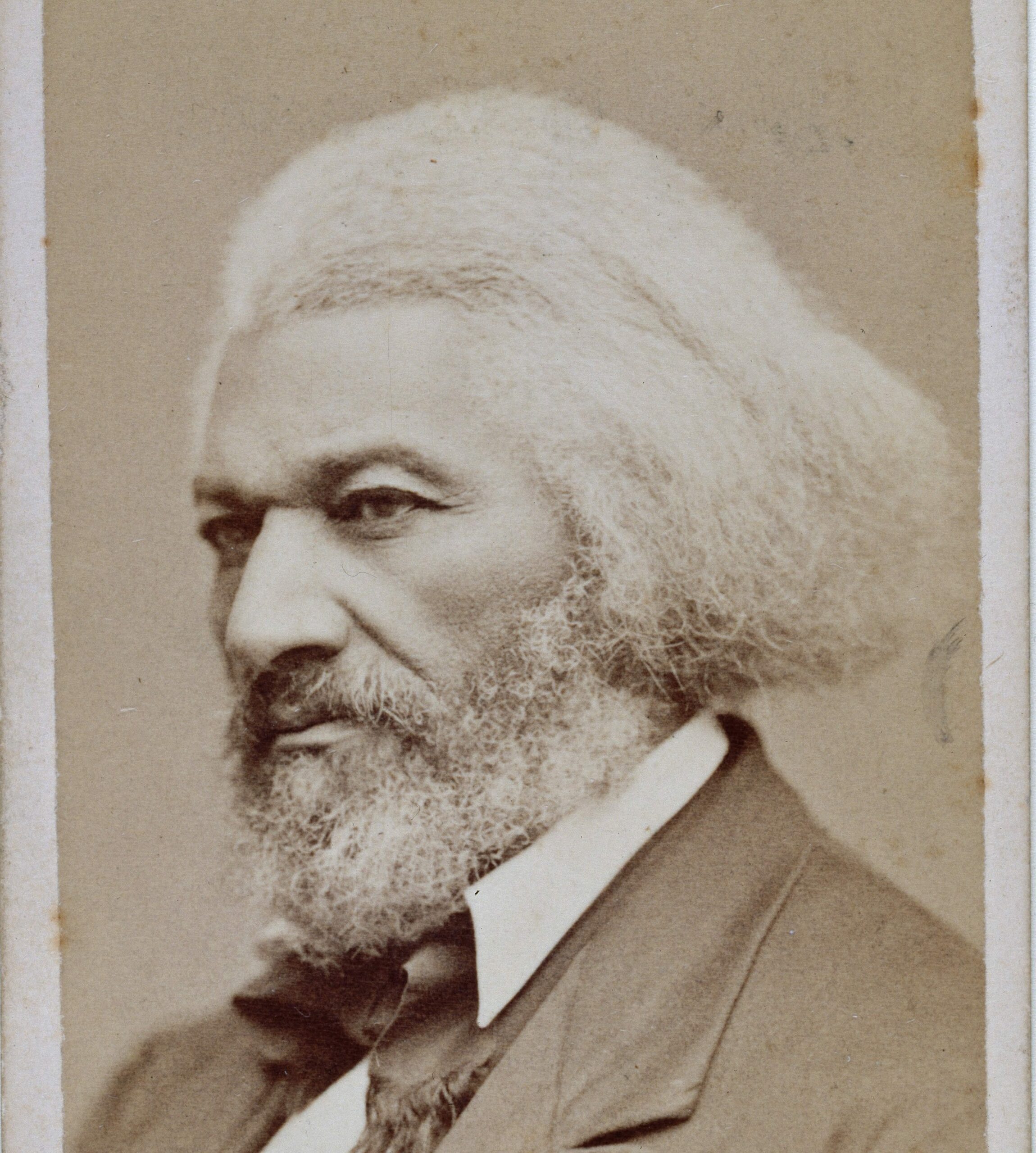
No related resources
Introduction
Samuel Worcester (1798–1859) was a Christian missionary to the Cherokees working on Cherokee land within the boundaries of Georgia with a permit to do so from the president of the United States issued pursuant to an act of Congress. When Georgia’s law prohibiting non-Cherokees from living on Cherokee land without a state license took effect in 1830, Worcester and other missionaries refused to apply for licenses and protested the law. Worcester and the others were arrested, convicted, and sentenced to four years’ hard labor. Worcester and Elias Boudinot (1802–1839) refused pardons so the case could be appealed to the Supreme Court in hopes of protecting Cherokee sovereignty.
Chief Justice John Marshall (1755–1855) found that the Georgia law was void because it was “repugnant to the Constitution, laws, and treaties of the United States.” Both the state of Georgia and President Andrew Jackson ignored the Court’s ruling. Worcester and Boudinot remained in prison. The Court reached its decision during the nullification crisis between the federal government and the state of South Carolina, in which the latter threatened to declare null and void within the state the federal Tariffs of 1828 and 1832. To avoid a confrontation with Georgia as the country dealt with South Carolina, Jackson’s vice president–elect, Martin Van Buren (1782–1862), organized a compromise. Georgia repealed the specific law under which Worcester and Boudinot were arrested, and the two missionaries accepted a pardon, were released after seventeen months of difficult imprisonment, and went back to work among the Cherokees. Worcester eventually accompanied the Cherokees to Oklahoma and continued to work among them until his death. Boudinot, one of the Cherokee leaders who signed the Treaty of New Echota, believed removal was inevitable. He moved to Indian Territory and was assassinated there in 1839 by opponents of the treaty and the removal.
Although Marshall’s opinion did not have an immediate practical effect, it became a cornerstone for the view that the Indian nations were sovereign powers and as such were the proper interlocutors of the federal government, not the states within whose borders they lived. Marshall’s opinion is also worth reading for its account of the long encounter between Europeans, Americans, and Native Americans.
The case was decided by a vote of six to one. We omit the concurring opinion of Justice McLean and the dissent of Justice Baldwin. We also omit Chief Justice Marshall’s argument establishing the Supreme Court’s jurisdiction in the case, a point now well established. Marshall’s argument in this matter relied on Article 25 of the Judiciary Act of 1789.
Source: 31 U.S. 515, https://www.law.cornell.edu/supremecourt/text/31/515#writing-USSC_CR_0031_0515_ZO.
Mr. Chief Justice MARSHALL delivered the opinion of the Court.
This cause, in every point of view in which it can be placed, is of the deepest interest.
The defendant is a state, a member of the Union, which has exercised the powers of government over a people who deny its jurisdiction, and are under the protection of the United States.
The plaintiff is a citizen of the state of Vermont, condemned to hard labor for four years in the penitentiary of Georgia under color of an act which he alleges to be repugnant to the Constitution, laws, and treaties of the United States.
The legislative power of a state, the controlling power of the Constitution and laws of the United States, the rights, if they have any, the political existence of a once numerous and powerful people, the personal liberty of a citizen, are all involved in the subject now to be considered. . . .
. . . We must inquire and decide whether the act of the legislature of Georgia under which the plaintiff in error[1] has been prosecuted and condemned be consistent with, or repugnant to, the Constitution, laws, and treaties of the United States.
It has been said at the bar that the acts of the legislature of Georgia seize on the whole Cherokee country, parcel it out among the neighboring counties of the state, extend her code over the whole country, abolish its institutions and its laws, and annihilate its political existence. . . .
The extraterritorial power of every legislature being limited in its action to its own citizens or subjects, the very passage of this act is an assertion of jurisdiction over the Cherokee Nation, and of the rights and powers consequent on jurisdiction.
The first step, then, in the inquiry which the Constitution and laws impose on this Court is an examination of the rightfulness of this claim.
America, separated from Europe by a wide ocean, was inhabited by a distinct people, divided into separate nations, independent of each other and of the rest of the world, having institutions of their own, and governing themselves by their own laws. It is difficult to comprehend the proposition that the inhabitants of either quarter of the globe could have rightful original claims of dominion over the inhabitants of the other, or over the lands they occupied, or that the discovery of either by the other should give the discoverer rights in the country discovered which annulled the preexisting rights of its ancient possessors.
After lying concealed for a series of ages, the enterprise of Europe, guided by nautical science, conducted some of her adventurous sons into this western world. They found it in possession of a people who had made small progress in agriculture or manufactures, and whose general employment was war, hunting, and fishing.
Did these adventurers, by sailing along the coast, and occasionally landing on it, acquire for the several governments to whom they belonged, or by whom they were commissioned, a rightful property in the soil, from the Atlantic to the Pacific, or rightful dominion over the numerous people who occupied it? Or has nature, or the great Creator of all things, conferred these rights over hunters and fishermen, on agriculturists and manufacturers?
But power, war, conquest, give rights, which, after possession, are conceded by the world, and which can never be controverted by those on whom they descend. We proceed, then, to the actual state of things, having glanced at their origin, because holding it in our recollection might shed some light on existing pretensions.
The great maritime powers of Europe discovered and visited different parts of this continent at nearly the same time. The object was too immense for any one of them to grasp the whole, and the claimants were too powerful to submit to the exclusive or unreasonable pretensions of any single potentate. To avoid bloody conflicts which might terminate disastrously to all, it was necessary for the nations of Europe to establish some principle which all would acknowledge, and which should decide their respective rights as between themselves. This principle, suggested by the actual state of things, was that discovery gave title to the government by whose subjects or by whose authority it was made against all other European governments, which title might be consummated by possession.
This principle, acknowledged by all Europeans because it was the interest of all to acknowledge it, gave to the nation making the discovery, as its inevitable consequence, the sole right of acquiring the soil and of making settlements on it. It was an exclusive principle which shut out the right of competition among those who had agreed to it, not one which could annul the previous rights of those who had not agreed to it. It regulated the right given by discovery among the European discoverers, but could not affect the rights of those already in possession, either as aboriginal occupants or as occupants by virtue of a discovery made before the memory of man. It gave the exclusive right to purchase, but did not found that right on a denial of the right of the possessor to sell.
The relation between the Europeans and the natives was determined in each case by the particular government which asserted and could maintain this preemptive privilege in the particular place. The United States succeeded to all the claims of Great Britain, both territorial and political, but no attempt, so far as is known, has been made to enlarge them. So far as they existed merely in theory, or were in their nature only exclusive of the claims of other European nations, they still retain their original character, and remain dormant. So far as they have been practically exerted, they exist in fact, are understood by both parties, are asserted by the one, and admitted by the other.
Soon after Great Britain determined on planting colonies in America, the king granted charters to companies of his subjects who associated for the purpose of carrying the views of the Crown into effect, and of enriching themselves. The first of these charters was made before possession was taken of any part of the country. They purport, generally, to convey the soil from the Atlantic to the South Sea.[2] This soil was occupied by numerous and warlike nations, equally willing and able to defend their possessions. The extravagant and absurd idea that the feeble settlements made on the sea coast, or the companies under whom they were made, acquired legitimate power by them to govern the people or occupy the lands from sea to sea did not enter the mind of any man. They were well understood to convey the title which, according to the common law of European sovereigns respecting America, they might rightfully convey, and no more. This was the exclusive right of purchasing such lands as the natives were willing to sell. The Crown could not be understood to grant what the Crown did not affect to claim; nor was it so understood.
The power of making war is conferred by these charters on the colonies, but defensive war alone seems to have been contemplated. . . .
. . . They [the charters] demonstrate the truth that these grants asserted a title against Europeans only, and were considered as blank paper so far as the rights of the natives were concerned. The power of war is given only for defense, not for conquest.
The charters contain passages showing one of their objects to be the civilization of the Indians, and their conversion to Christianity—objects to be accomplished by conciliatory conduct and good example, not by extermination. . . .
Certain it is that our history furnishes no example, from the first settlement of our country, of any attempt on the part of the Crown to interfere with the internal affairs of the Indians further than to keep out the agents of foreign powers, who, as traders or otherwise, might seduce them into foreign alliances. The king purchased their lands when they were willing to sell, at a price they were willing to take, but never coerced a surrender of them. He also purchased their alliance and dependence by subsidies, but never intruded into the interior of their affairs or interfered with their self-government so far as respected themselves only. . . .
Such was the policy of Great Britain towards the Indian nations inhabiting the territory from which she excluded all other Europeans; such her claims, and such her practical exposition of the charters she had granted. She considered them as nations capable of maintaining the relations of peace and war; of governing themselves, under her protection; and she made treaties with them the obligation of which she acknowledged.
This was the settled state of things when the war of our revolution commenced. The influence of our enemy was established; her resources enabled her to keep up that influence; and the colonists had much cause for the apprehension that the Indian nations would, as the allies of Great Britain, add their arms to hers. This, as was to be expected, became an object of great solicitude to Congress. Far from advancing a claim to their lands, or asserting any right of dominion over them, Congress resolved “that the securing and preserving the friendship of the Indian nations appears to be a subject of the utmost moment to these colonies.”[3]
The early journals of Congress exhibit the most anxious desire to conciliate the Indian nations. Three Indian departments were established; and commissioners appointed in each to treat with the Indians in their respective departments in the name and on the behalf of the United Colonies in order to preserve peace and friendship with the said Indians and to prevent their taking any part in the present commotions. . . .
During the War of the Revolution, the Cherokees took part with the British. After its termination, the United States, though desirous of peace, did not feel its necessity so strongly as while the war continued. Their political situation being changed, they might very well think it advisable to assume a higher tone, and to impress on the Cherokees the same respect for Congress which was before felt for the king of Great Britain. This may account for the language of the Treaty of Hopewell.[4] There is the more reason for supposing that the Cherokee chiefs were not very critical judges of the language, from the fact that everyone makes his mark; no chief was capable of signing his name. It is probable the treaty was interpreted to them.
The treaty is introduced with the declaration that the commissioners plenipotentiary of the United States give peace to all the Cherokees, and receive them into the favor and protection of the United States of America, on the following conditions.
When the United States gave peace, did they not also receive it? Were not both parties desirous of it? If we consult the history of the day, does it not inform us that the United States were at least as anxious to obtain it as the Cherokees? We may ask, further: did the Cherokees come to the seat of the American government to solicit peace, or did the American commissioners go to them to obtain it? The treaty was made at Hopewell, not at New York. . . .
. . . They receive the Cherokee Nation into their favor and protection. The Cherokees acknowledge themselves to be under the protection of the United States, and of no other power. Protection does not imply the destruction of the protected. The manner in which this stipulation was understood by the American government is explained by the language and acts of our first president. . . .
[The ninth article of the treaty stipulates that] for the benefit and comfort of the Indians, and for the prevention of injuries or oppressions on the part of the citizens or Indians, the United States, in Congress assembled, shall have the sole and exclusive right of regulating the trade with the Indians, and managing all their affairs, as they think proper.
To construe the expression “managing all their affairs” into a surrender of self-government would be, we think, a perversion of their necessary meaning, and a departure from the construction which has been uniformly put on them. The great subject of the article is the Indian trade. The influence it gave made it desirable that Congress should possess it. The commissioners brought forward the claim with the profession that their motive was “the benefit and comfort of the Indians, and the prevention of injuries or oppressions.” This may be true as respects the regulation of their trade and as respects the regulation of all affairs connected with their trade, but cannot be true as respects the management of all their affairs. The most important of these are the cession of their lands and security against intruders on them. Is it credible that they should have considered themselves as surrendering to the United States the right to dictate their future cessions and the terms on which they should be made? or to compel their submission to the violence of disorderly and licentious intruders? It is equally inconceivable that they could have supposed themselves, by a phrase thus slipped into an article on another and most interesting subject, to have divested themselves of the right of self-government on subjects not connected with trade. Such a measure could not be “for their benefit and comfort,” or for “the prevention of injuries and oppression.” Such a construction would be inconsistent with the spirit of this and of all subsequent treaties, especially of those articles which recognize the right of the Cherokees to declare hostilities and to make war. It would convert a treaty of peace covertly into an act, annihilating the political existence of one of the parties. Had such a result been intended, it would have been openly avowed.
This treaty contains a few terms capable of being used in a sense which could not have been intended at the time, and which is inconsistent with the practical construction which has always been put on them; but its essential articles treat the Cherokees as a nation capable of maintaining the relations of peace and war, and ascertain the boundaries between them and the United States.
The treaty of Hopewell seems not to have established a solid peace. To accommodate the differences still existing between the state of Georgia and the Cherokee Nation, the Treaty of Holston was negotiated in July 1791.[5] The existing Constitution of the United States had been then adopted, and the government, having more intrinsic capacity to enforce its just claims, was perhaps less mindful of high-sounding expressions denoting superiority. We hear no more of giving peace to the Cherokees. The mutual desire of establishing permanent peace and friendship, and of removing all causes of war is honestly avowed, and, in pursuance of this desire, the first article declares that there shall be perpetual peace and friendship between all the citizens of the United States of America and all the individuals composing the Cherokee Nation.
The second article repeats the important acknowledgment that the Cherokee Nation is under the protection of the United States of America, and of no other sovereign whosoever.
The meaning of this has been already explained. . . .
This relation was that of a nation claiming and receiving the protection of one more powerful, not that of individuals abandoning their national character and submitting as subjects to the laws of a master. . . .
This treaty, thus explicitly recognizing the national character of the Cherokees and their right of self-government, thus guarantying their lands, assuming the duty of protection, and of course pledging the faith of the United States for that protection, has been frequently renewed, and is now in full force.
To the general pledge of protection have been added several specific pledges deemed valuable by the Indians. Some of these restrain the citizens of the United States from encroachments on the Cherokee country, and provide for the punishment of intruders.
From the commencement of our government, Congress has passed acts to regulate trade and intercourse with the Indians; which treat them as nations, respect their rights, and manifest a firm purpose to afford that protection which treaties stipulate. All these acts, and especially that of 1802, which is still in force, manifestly consider the several Indian nations as distinct political communities, having territorial boundaries within which their authority is exclusive and having a right to all the lands within those boundaries, which is not only acknowledged, but guarantied, by the United States.
In 1819, Congress passed an act for promoting those humane designs of civilizing the neighboring Indians which had long been cherished by the Executive. It enacts, that, for the purpose of providing against the further decline and final extinction of the Indian tribes adjoining to the frontier settlements of the United States, and for introducing among them the habits and arts of civilization, the president of the United States shall be, and he is hereby, authorized, in every case where he shall judge improvement in the habits and condition of such Indians practicable, and that the means of instruction can be introduced with their own consent, to employ capable persons of good moral character to instruct them in the mode of agriculture suited to their situation, and for teaching their children in reading, writing, and arithmetic, and for performing such other duties as may be enjoined, according to such instructions and rules as the president may give and prescribe for the regulation of their conduct in the discharge of their duties.
This act avowedly contemplates the preservation of the Indian nations as an object sought by the United States, and proposes to effect this object by civilizing and converting them from hunters into agriculturists. Though the Cherokees had already made considerable progress in this improvement, it cannot be doubted that the general words of the act comprehend them. Their advance in the “habits and arts of civilization,” rather encouraged perseverance in the laudable exertions still further to meliorate their condition. This act furnishes strong additional evidence of a settled purpose to fix the Indians in their country by giving them security at home.
The treaties and laws of the United States contemplate the Indian territory as completely separated from that of the States, and provide that all intercourse with them shall be carried on exclusively by the government of the Union. . . .
The Indian nations had always been considered as distinct, independent political communities, retaining their original natural rights as the undisputed possessors of the soil from time immemorial, with the single exception of that imposed by irresistible power, which excluded them from intercourse with any other European potentate than the first discoverer of the coast of the particular region claimed, and this was a restriction which those European potentates imposed on themselves, as well as on the Indians. The very term “nation,” so generally applied to them, means “a people distinct from others.” The Constitution, by declaring treaties already made, as well as those to be made, to be the supreme law of the land, has adopted and sanctioned the previous treaties with the Indian nations, and consequently admits their rank among those powers who are capable of making treaties. The words “treaty” and “nation” are words of our own language, selected in our diplomatic and legislative proceedings by ourselves, having each a definite and well-understood meaning. We have applied them to Indians, as we have applied them to the other nations of the earth. They are applied to all in the same sense.
Georgia, herself, has furnished conclusive evidence that her former opinions on this subject concurred with those entertained by her sister states, and by the government of the United States. Various acts of her legislature have been cited in the argument, including the contract of cession made in the year 1802, all tending to prove her acquiescence in the universal conviction that the Indian nations possessed a full right to the lands they occupied until that right should be extinguished by the United States, with their consent; that their territory was separated from that of any state within whose chartered limits they might reside by a boundary line, established by treaties; that, within their boundary, they possessed rights with which no state could interfere; and that the whole power of regulating the intercourse with them was vested in the United States.
A review of these acts on the part of Georgia would occupy too much time, and is the less necessary because they have been accurately detailed in the argument at the bar. Her new series of laws, manifesting her abandonment of these opinions, appears to have commenced in December 1828.[6] . . .
The Cherokee Nation, then, is a distinct community occupying its own territory, with boundaries accurately described, in which the laws of Georgia can have no force, and which the citizens of Georgia have no right to enter but with the assent of the Cherokees themselves, or in conformity with treaties and with the acts of Congress. The whole intercourse between the United States and this nation, is, by our Constitution and laws, vested in the government of the United States.
The act of the state of Georgia, under which the plaintiff in error was prosecuted, is consequently void, and the judgment a nullity. . . .
. . . If the review which has been taken be correct, and we think it is, the acts of Georgia are repugnant to the Constitution, laws, and treaties of the United States.
They interfere forcibly with the relations established between the United States and the Cherokee Nation, the regulation of which, according to the settled principles of our Constitution, are committed exclusively to the government of the Union.
They are in direct hostility with treaties, repeated in a succession of years, which mark out the boundary that separates the Cherokee country from Georgia, guaranty to them all the land within their boundary, solemnly pledge the faith of the United States to restrain their citizens from trespassing on it, and recognize the preexisting power of the nation to govern itself.
They are in equal hostility with the acts of Congress for regulating this intercourse and giving effect to the treaties.
The forcible seizure and abduction of the plaintiff in error, who was residing in the nation with its permission and by authority of the president of the United States, is also a violation of the acts which authorize the chief magistrate to exercise this authority.
Will these powerful considerations avail the plaintiff in error? We think they will. He was seized and forcibly carried away while under guardianship of treaties guarantying the country in which he resided and taking it under the protection of the United States. He was seized while performing, under the sanction of the chief magistrate of the Union, those duties which the humane policy adopted by Congress had recommended. He was apprehended, tried, and condemned under color of a law which has been shown to be repugnant to the Constitution, laws, and treaties of the United States. Had a judgment, liable to the same objections, been rendered for property, none would question the jurisdiction of this Court. It cannot be less clear when the judgment affects personal liberty, and inflicts disgraceful punishment, if punishment could disgrace when inflicted on innocence. The plaintiff in error is not less interested in the operation of this unconstitutional law than if it affected his property. He is not less entitled to the protection of the Constitution, laws, and treaties of his country. . . .
It is the opinion of this Court that the judgment of the Superior Court for the County of Gwinnett, in the state of Georgia, condemning Samuel A. Worcester to hard labor in the penitentiary of the state of Georgia for four years was pronounced by that court under color of a law which is void, as being repugnant to the Constitution, treaties, and laws of the United States, and ought, therefore, to be reversed and annulled.
- 1. A person who appeals a lower court decision to a higher court.
- 2. The Pacific Ocean.
- 3. The Laws of the United States, 5 vols. (Philadelphia: John Boren and John Duane; Washington: R. C. Weightman, 1815), vol. 1, p. 597.
- 4. The Treaty of Hopewell (1785–1786) refers to three treaties negotiated by the U.S. government, then under the Articles of Confederation, respectively with the Cherokee, Choctaw, and Chickasaw Nations.
- 5. The Treaty of Holston (1791), negotiated with the Cherokee Nation by the federal government under the recently ratified U.S. Constitution, was designed to end a conflict sparked by white settlers encroaching on Indian lands.
- 6. Gold was discovered on Cherokee land in 1828.

Conversation-based seminars for collegial PD, one-day and multi-day seminars, graduate credit seminars (MA degree), online and in-person.














